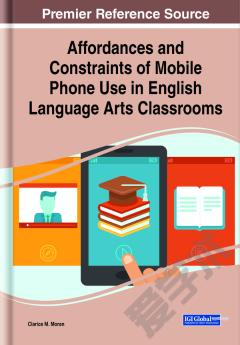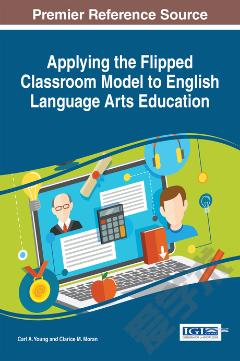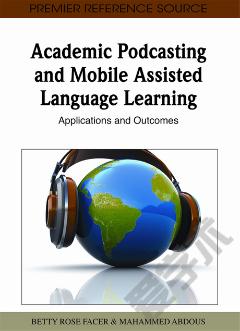Affordances and Constraints of Mobile Phone Use in English Language Arts Classrooms
The use of phones in the classroom is a controversial topic that receives a variety of reactions and can have political ramifications. In various school districts across different states, as well as in some countries, cell phone usage has been banned in the classroom to combat what administrators say is a distracted student population. However, research demonstrates that cell phones can have a positive effect on learning and engagement. Instead of banning cell phones, some teachers have found ways to incorporate educational apps, gaming apps, and social media into course materials. Although much research has emerged involving the integration of technology and digital literacies in English language arts (ELA) classrooms, mobile phone use as a discrete construct has not been explored widely. Affordances and Constraints of Mobile Phone Use in English Language Arts Classrooms aims to shine a light on the controversial topic of mobile phones in the English language arts classroom, focusing on comparing the opportunities that they afford students, as well as the negative effects they can have on learning. The chapters within this book examine learning outcomes, best practices, and practical applications for using mobile phones in ELA and adds to the body of literature on mobile phone use in secondary classrooms in general, standing as a unique resource on mobile phones in the language arts curriculum. While highlighting topics that include gaming applications, online learning, student engagement, and classroom management, this book is ideally designed for inservice and preservice teachers, administrators, teacher educators, practitioners, stakeholders, researchers, academicians, and students who are interested in learning more about the pluses and minuses of mobile phone use in ELA.
{{comment.content}}








 京公网安备 11010802027623号
京公网安备 11010802027623号